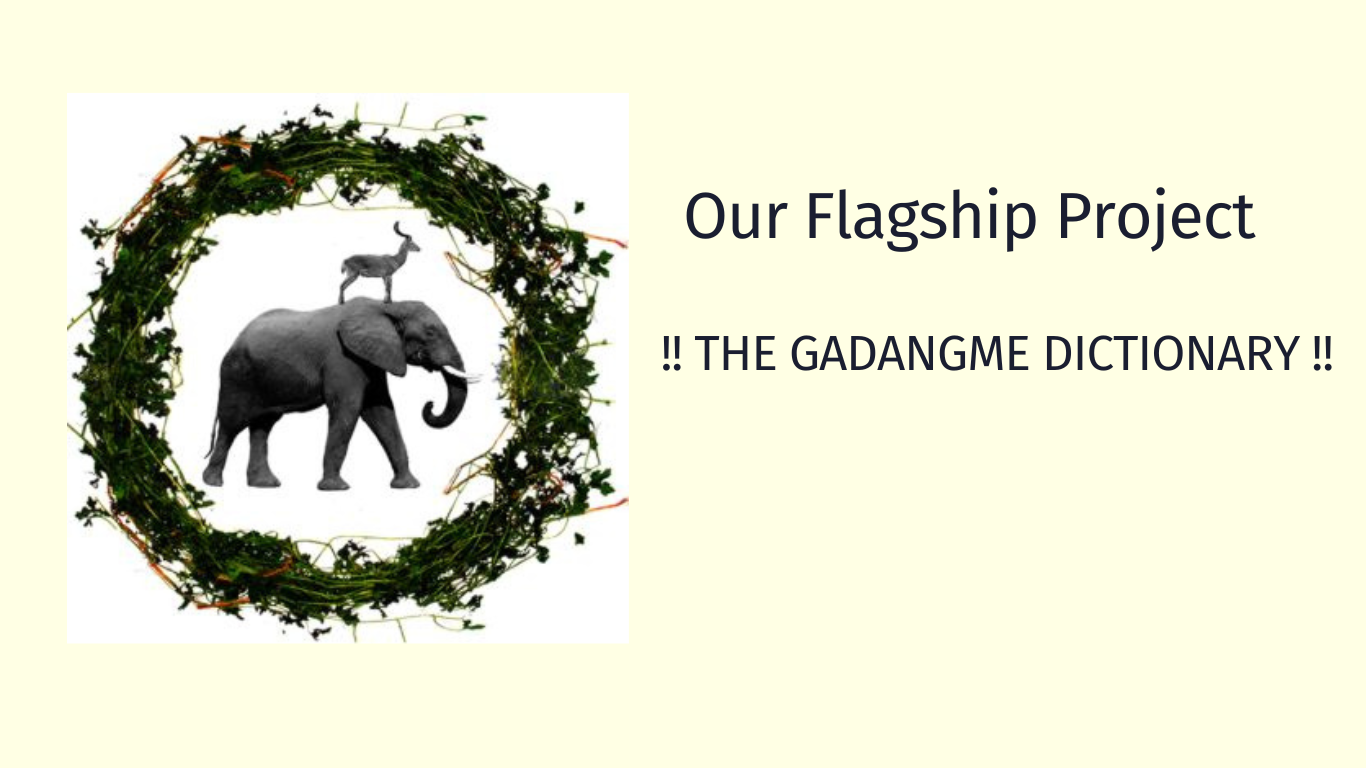
Develop and implement programs to revitalize endangered or marginalized languages through language classes, workshops, and community engagement.
Create and distribute language learning materials, including textbooks, multimedia resources, and online courses.
Support language immersion programs for children and adults to ensure intergenerational transmission of the language.
Conduct linguistic research to document the grammar, vocabulary, and oral traditions of the language.
Compile and publish dictionaries, grammatical guides, and ethnographic studies related to the language and culture.
Collaborate with linguists and anthropologists to advance knowledge about the community's language and culture
Organize workshops, seminars, and conferences to engage community members in discussions about language preservation and cultural practices.
Provide scholarships or grants to encourage students and researchers to study the community's language and culture.
Develop educational resources for schools and universities to incorporate the community's language and culture into curricula.
Advocate for policies at local, regional, and national levels that recognize and support language preservation and cultural heritage initiatives.
Collaborate with government bodies, educational institutions, and international organizations to promote cultural and linguistic diversity.
Raise awareness about the importance of preserving endangered languages and cultures through public campaigns and lobbying efforts.
Create digital archives of audio and visual recordings, manuscripts, and historical documents related to the community's language and culture.
Develop digital tools and applications to facilitate language learning and cultural exploration.
Promote the use of technology for language preservation and knowledge dissemination.